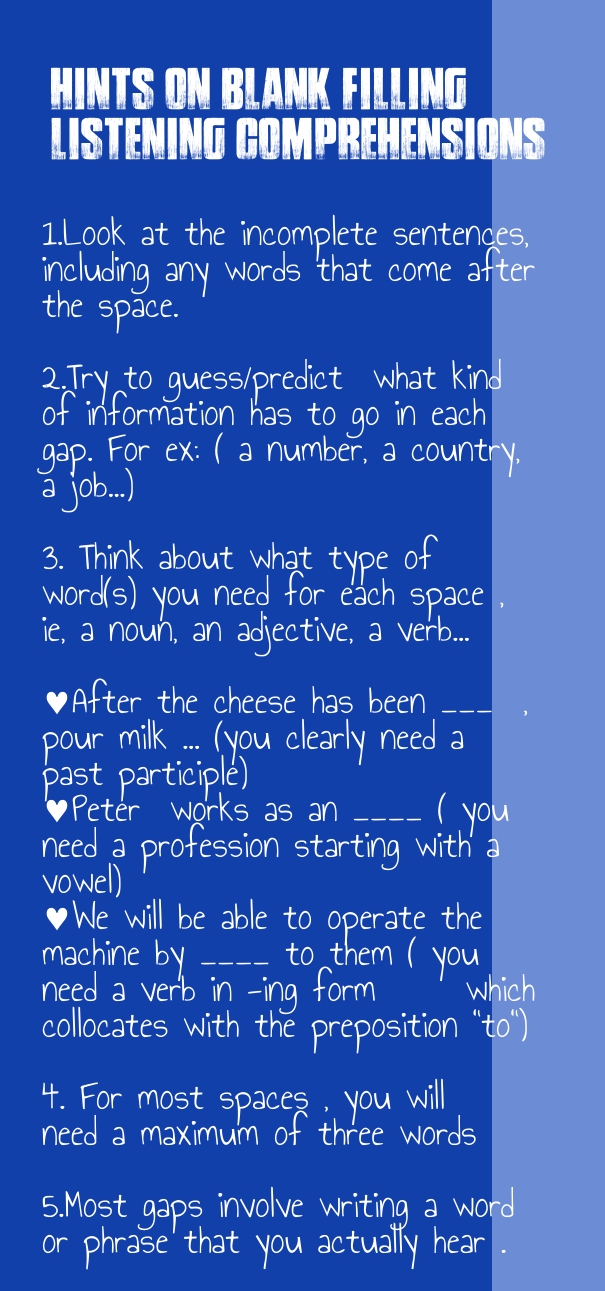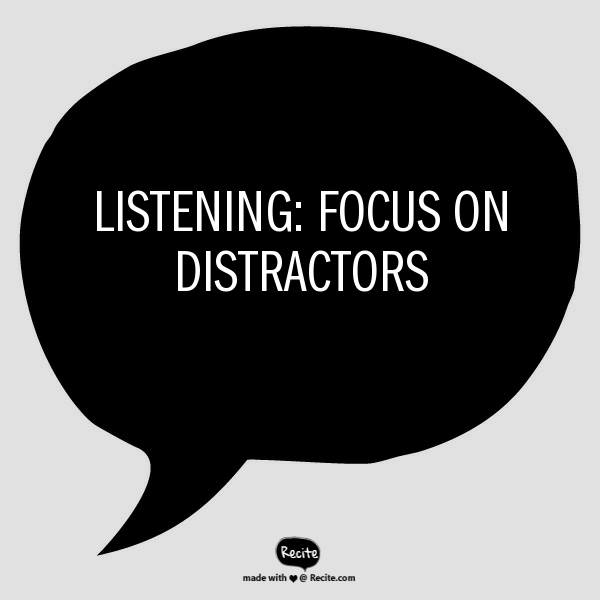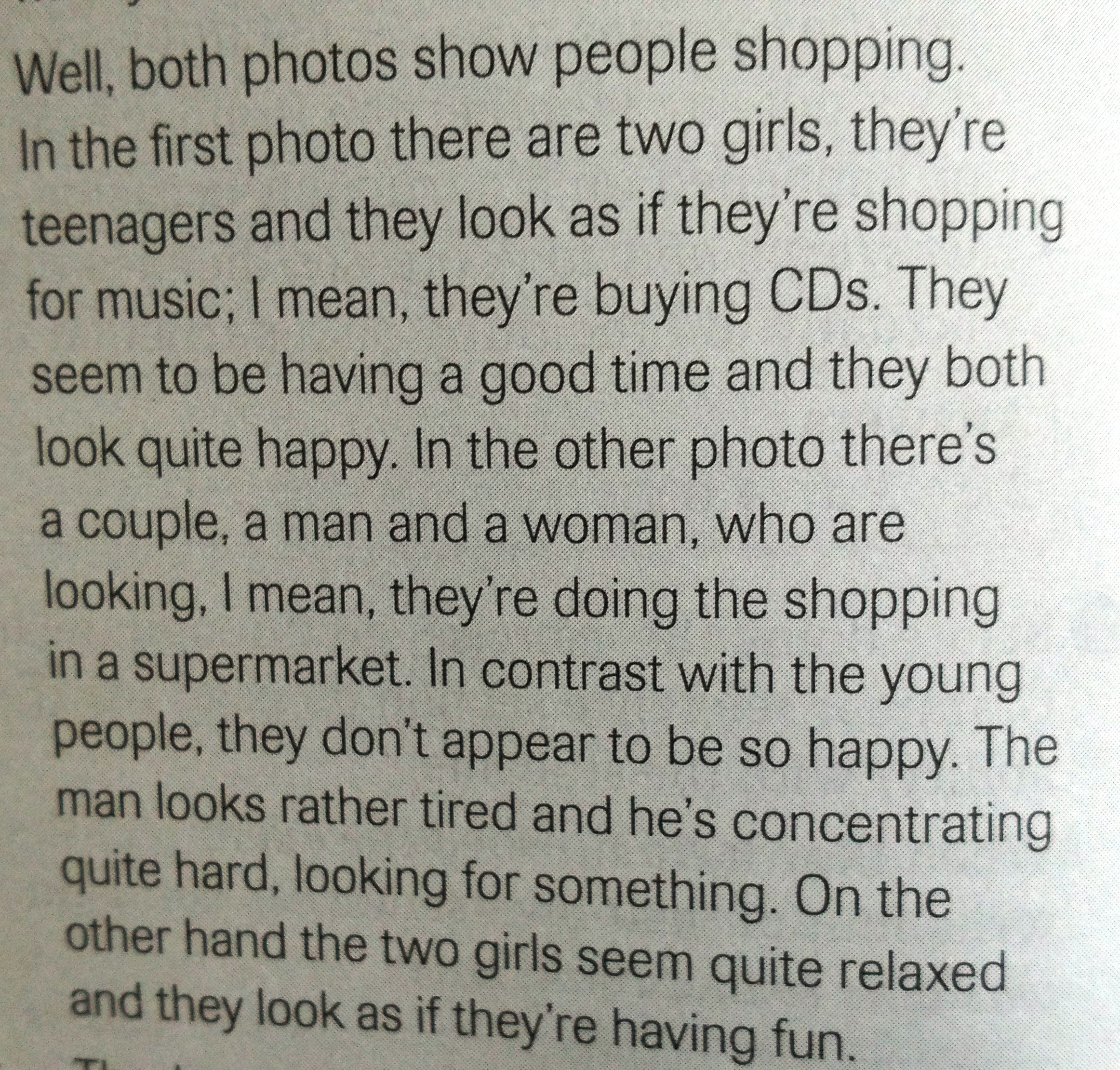Have you ever asked yourself how you revise for an exam or how you learned English irregular verbs? Read through the traits and identify the kind of learner you are and the kind of activities that will help you best in your learning process.
Every learner has one primary learning mode. Your learning mode or learning style is just the way you learn best. People learn using a variety of these modes depending on the task, but there is one that is normally predominant. Therefore, identifying it as soon as possible is important to help you learn better and faster.
There are three main learning modes and there are traits for each type of learner.
- The visual learner prefers learning by seeing and watching
- The auditory learner prefers learning by hearing
- The kinaesthetic learner prefers learning by doing, touching and interacting

Which type of learner are you? Read through the traits and identify the kind of learner you are and the kind of activities that will help you best in your learning process.
Auditory learners:
- You like traditional teaching techniques
- You like to learn things by hearing them or saying them.
- You prefer listening to a book on tape to reading it
- You prefer telling stories to writing or acting them out
- You like drilling and pronunciation practice
- You like listening tasks
- You like music
- You love discussions
- You talk better than you write
- You like giving speeches and oral reports
If you fall into this category, then doing the following will help you learn more easily
- Pay attention in class
- Make recordings of learning material
- Repeat facts with your eyes closed
- Ask questions
- Explain the subject matter to another student
- Record lectures
- Participate in group discussions
- Study in a quiet place
Visual learners:
- You learn by seeing and watching
- You like infographics, pictures, diagrams, films
- You are well organised
- You are quiet and observant
- You need an overall view and purpose
- You may have some difficulties with verbal instructions
- You like to read and write stories more than telling them or acting them out.
If you fall into this category, then doing the following will help you learn more easily
- Copying from the board
- Writing down everything the teacher says
- Highlighting key information in the textbook
- Keeping a lexical notebook
- Making mind maps
- Using flashcards
- Watching videos
- You can also learn easily from infographics, posters, charts, maps, and photographs.
- The best way for you to study is by looking at flash cards or some sort of paper that has the information written on it
Kinaesthetic learners:
- You learn things by doing, touching, feeling, experimenting, moving
- You learn by trial and error
- You like to memorize things by acting them out or doing them
- You prefer playing some kind of game to reading or listening to a book
- You like sequencing tasks
- You respond to physical rewards
- You point when reading
- You make gestures when you are learning
- You like action-oriented books
If you fall into this category, then doing the following will help you learn more easily
- Direct involvement
- Hands-on activities
- Demonstrations
- Using realia
- Doing pair/group work
- Doing role-plays
- Team games and competitions
- Working with Cuisenaire rods
- Mimicking to guess vocabulary
- Standing up and moving around
As teachers, we need to bear in mind that in our classes there are different kinds of learners. Therefore, we need to incorporate different teaching strategies to reach every one of them.
What I hear, I forget.
What I hear and see, I remember a little.
What I hear, see, and ask questions about or discuss with someone else, I begin to understand.
What I hear, see, discuss, and do, I acquire knowledge and skill.
What I teach to another, I master. (Silberman, 1996)
The more actively engaged a learner is with the content, the better she learns and the more she remembers.
Thanks for reading!
References:
- Schunk, D. H. & Zimmerman, B. J.. Self-Regulated Learning: From Teaching to Self-Reflective Practice. Guilford Press.
- Silberman, M. Active Learning: 101 Strategies to Teach Any Subject. Boston: Allyn & Bacon.

 of listening exercises there are always words and expressions which are designed to distract students from the correct answer. If you don’t know about these distractors, you are likely to be misled by them and choose the wrong answer.
of listening exercises there are always words and expressions which are designed to distract students from the correct answer. If you don’t know about these distractors, you are likely to be misled by them and choose the wrong answer.

